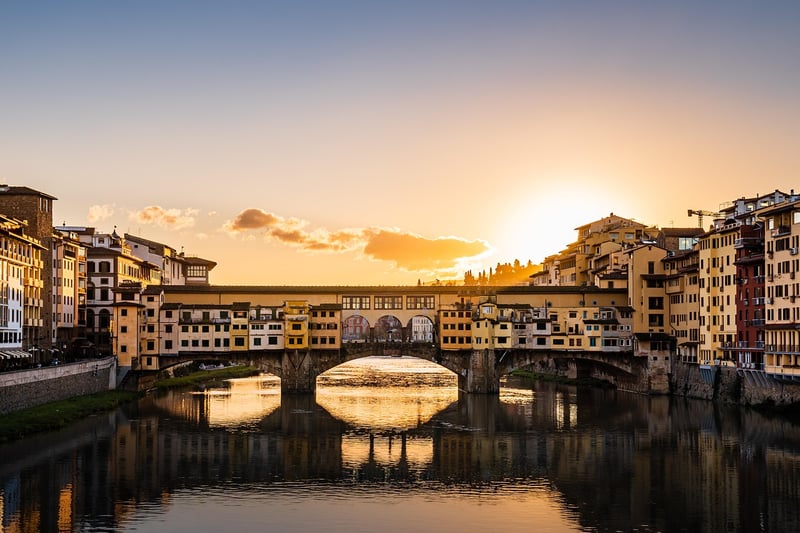Renaissance Era
Exploring Key Historical Periods: The Renaissance Era
The Renaissance Era, a period of great cultural, artistic, and intellectual rebirth, is regarded as one of the most significant periods in human history. Spanning roughly from the 14th to the 17th century, this era saw a revival of interest in classical learning, exploration, and innovation across various fields.
Art and Architecture
During the Renaissance, artists like Leonardo da Vinci, Michelangelo, and Raphael produced masterpieces that continue to inspire awe today. The era witnessed a shift from the stylized and symbolic art of the medieval period to more naturalistic and human-centered works. Iconic pieces such as the Mona Lisa, the Sistine Chapel ceiling, and the School of Athens are emblematic of this artistic renaissance.

Literature and Philosophy
Renaissance thinkers revived the spirit of inquiry and embraced humanism, emphasizing the potential and dignity of individuals. Writers such as William Shakespeare, Dante Alighieri, and Miguel de Cervantes created timeless literary works that explored complex human emotions and societal themes.

Science and Exploration
The Renaissance witnessed groundbreaking advancements in science and exploration. Figures like Galileo Galilei and Nicolaus Copernicus challenged prevailing notions of the universe, leading to a revolution in astronomy. Explorers like Christopher Columbus and Vasco da Gama expanded European knowledge of the world through their voyages to distant lands.

Legacy and Impact
The legacy of the Renaissance continues to shape our world today. Its emphasis on human potential, innovation, and cultural exchange laid the groundwork for the modern age. The era's influence can be seen in art, literature, science, and philosophy, making it a pivotal chapter in the story of human achievement.
Exploring the Renaissance Era offers a glimpse into a period of remarkable creativity and discovery, where the pursuit of knowledge and beauty transformed the course of history.
